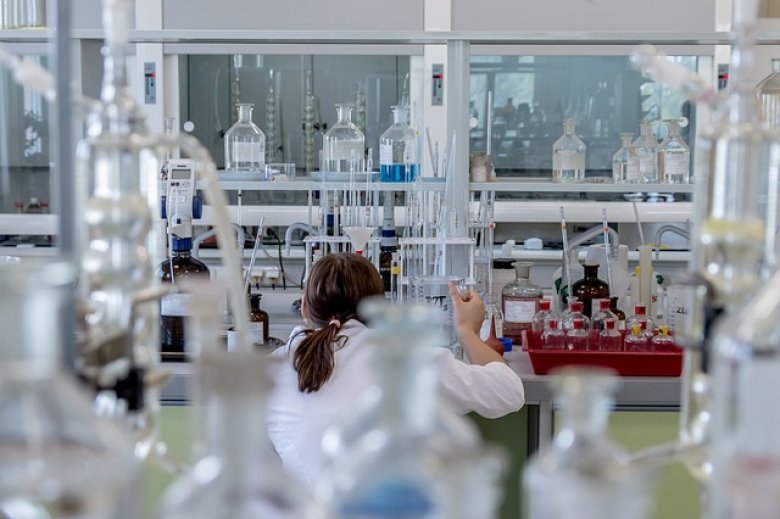- December 25, 2025

The results of scientific research conducted in recent years show that mutations in the genes of healthy body cells are responsible for the development and multiplication of neoplastic changes. Technological progress has made it possible to apply molecular tests in oncological diagnostics.
Molecular tests from neoplastic tissue enable examination of neoplastic cells at the level of their genetic structure, i.e. DNA chains, as well as determination of the exact cause and changes that took place in them and caused the beginning of the neoplastic process.
In normal conditions, in a healthy person, cells in the body build specific organs and do not proliferate in an uncontrolled and intensified way. If there is any mutation in the DNA - a change in composition, loss of a fragment or the appearance of new sequences - the cells lose their original function, begin to divide quickly and move around the body. Their accumulation in some organ is cancer tissue.
Molecular testing is a laboratory examination of a small sample of cancer tissue placed on a paraffin block at the level of DNA chains. This is a fragment of a tumor that was taken during surgery or biopsy. At present, genetic testing no longer looks for specific suspected changes, but analyses the whole sequence of different genes and indicates all the changes that have occurred in them and the presence of all cancer markers. Genetic examination in oncology is performed for three purposes: to determine inherited predispositions to cancer, to diagnose cancer and to indicate the best treatment method.
Molecular level tests enable the creation of an individual genetic profile of cancer in a given patient. This is necessary in order to start the so-called targeted therapy, i.e. the use of drugs targeting a specific type of cancer, genetic change, precisely in this patient. This type of cancer therapy is much more effective and less harmful than the commonly used chemotherapy because it only works on cells with altered DNA without harming healthy tissues. This avoids nuisance and unpleasant side effects.
A genetic test of cancer tissue can be ordered by the treating physician via the website. The patient then lends a tissue sample from the Department of Histopathology, which was taken during the biopsy, and delivers it to the molecular testing laboratory. The test result is ready after about 14 days.
Molecular research from cancer tissue allows the creation of databases containing specific medical cases, and thus the development of cancer diagnostics and therapies, thanks to the possibility of comparing the reactions of patients to drugs used in specific cases of cancer.